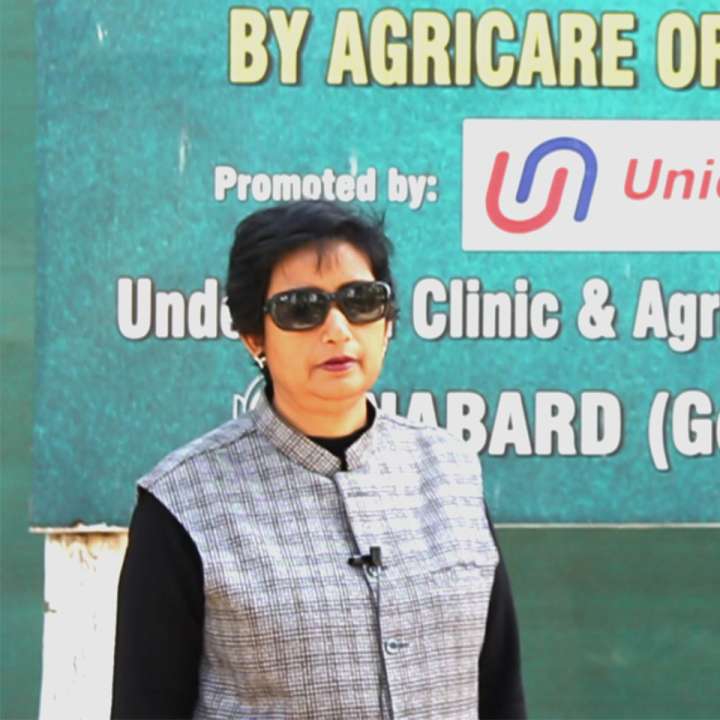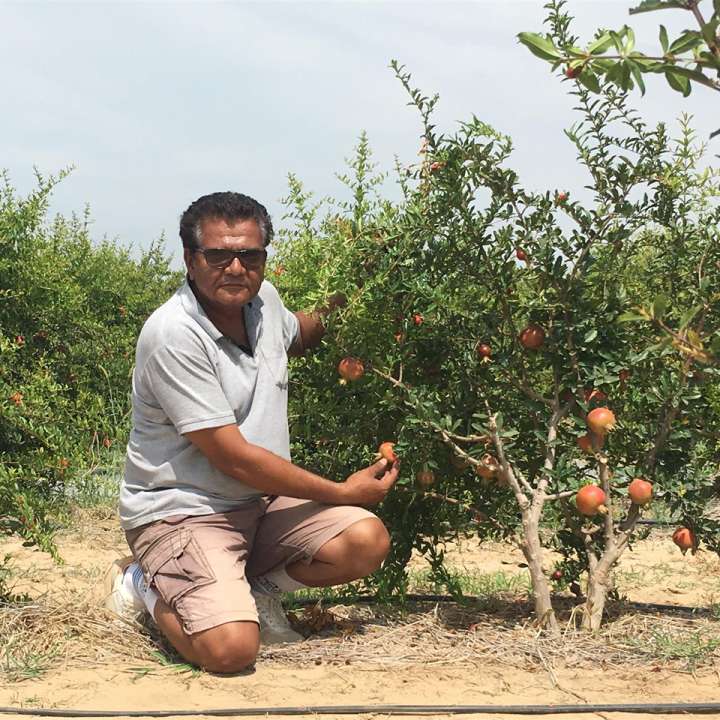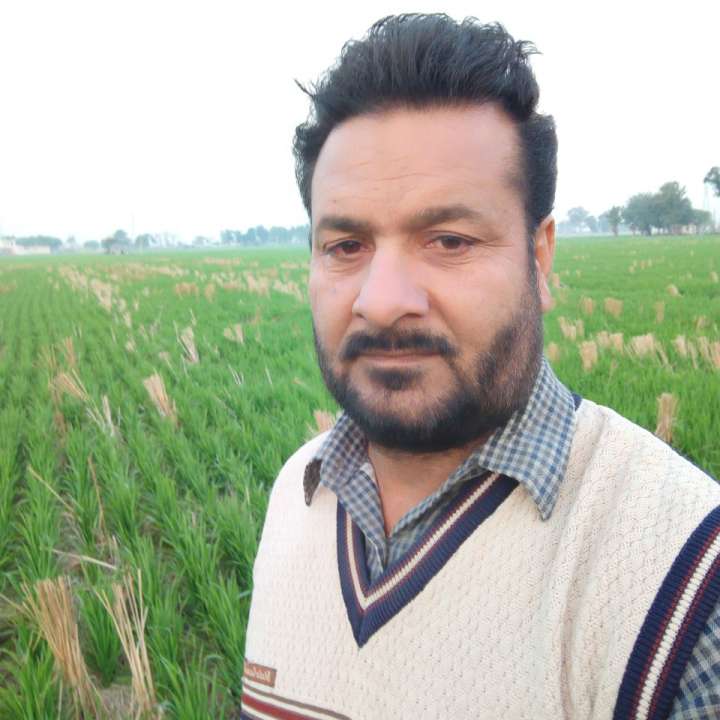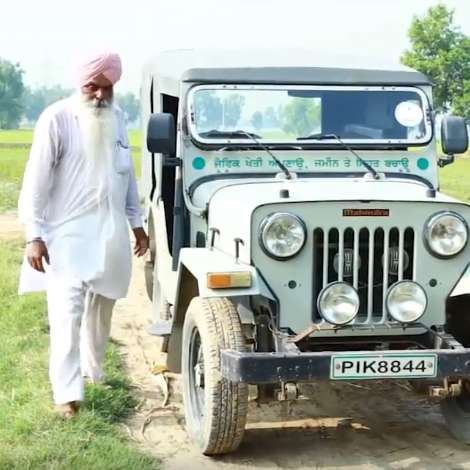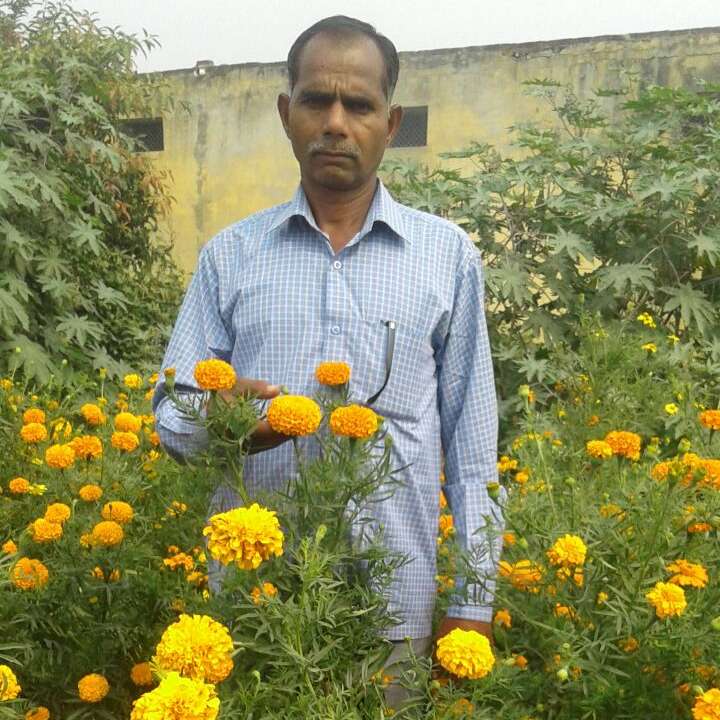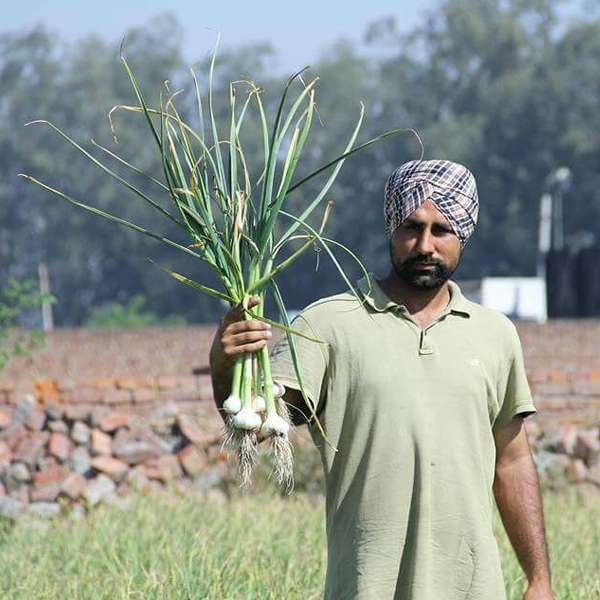Uma Saini: The Woman behind the Revolution of Turning Waste Food into Soil Food to Make Earth A Better Place
It’s been years, since our soil is getting exploited and abused with the use of chemicals, fertilizers, and dumping of poisonous waste in the earth, and by understanding this situation, Uma Saini, a Ludhiana based female entrepreneur and Managing Director of Agricare Organic Farms, decided to take an initiative of preparing soil food which can help in regaining all the nutrients and richness which has been lost in the past decades. Other than contributing to the Mother Nature, she is also playing the role of a powerful protagonist in the field of women empowerment. With her dynamism, she is making earth a better place and will continue to do so in the future also…
Have you ever imagined…what will be the life on earth if anything that died or is waste is not getting decomposed but it is just lying on the ground!
Thinking about this view can send chills down the spine, and by making you think about this situation, is an indication towards the soil health. The soil is considered as an important element because directly or indirectly, people are dependent on it. Green Revolution and Urbanization are the major factors that have led to the deterioration of the soil, and still, farmers, big pesticide companies and other MNC’s are unable to understand this.
The endless use of chemicals kindled Uma Saini to turn towards organic practices. It all started in 2005 when Uma Saini decided to start organic farming. Well, organic farming sounds very easy but when it comes to its implementation then some of the experts even don’t know where to start and how to make it fruitful.
“Although, I decided to start organic farming on large scale, but from where to get good quality manure in large quantity was the major hurdle. So, I decided to establish my own Vermicompost plant.”
Establishing organic farm and Vermicompost plant in the middle of the city was almost impossible, so Uma Saini started investing in small land masses in the villages and slowly Agricare brand came into reality. Today, there are multiple units of vermicomposting plant and organic farms of Agricare in different parts of North India.
“Purchasing land in the village area was also a very difficult thing that we finally overcame. Villagers use to ask us multiple questions like… what is your purpose of buying land here, will your production unit pollute our area… etc.”
One of the production units of Agricare is established in the small village- Sidhwan Kalan of Ludhiana (Punjab), where Uma Saini has employed most of the women at the farm.
“I believe, a woman plays an important part in our society, so with the motive of women empowerment, I have employed most of the women of Sidhwan Kalan village and other nearby villages at my farm.”
Moreover, other than advocating women empowerment, Uma Saini is also a great mentor. She invites college students, especially female student to make them aware of this blooming field of Organic farming, vermicomposting and agri-business. For young aspiring women, Uma Saini also conducts free training sessions.
“Student who pursue B.Sc. in agriculture have larger scope in the field of agriculture and especially to make them aware, my husband and I provide free training, deliver guest lectures in various colleges.”
Uma Saini has also prepared a vermi hatchery in his Ludhiana vermicomposting plant where she prepares worm seeds. Vermi-hatchery is a term, about which very few people are aware of. We all know that worms are the real worker in making the soil mineral and nutrient rich, so, in this unit, Eisenia fetida also known as red worm (species of earthworm) adapted to decaying of organic material are prepared for further selling purpose.
“By contract organic farming and vermicomposting, our work is getting done, but along with that the society is also getting the benefits of employment and healthy nature.”
Today, Agricare has become the largest seller of Vermicompost in North India after knocking down major brand of organic compost like TATA. Himachal and Kashmir are the leading markets of SOIL FOOD currently. The major input that Agricare is utilizing in the production of Vermicompost- Soil Food is food waste of big companies like Nestle, Hindustan Lever, Cadbury, etc. Agricare is playing a major role in keeping the environment healthy by consuming food waste of big MNC’s.
Very soon Uma Saini and her husband- Mr. V.K. Saini is planning to launch a new organic label brand in Ludhiana for fresh organic vegetables and fruits where they will deliver their products door to door to the customers.
“Going organic is the need of the hour, people have to learn from their grassroots, then only they can do well in the field of farming by keeping harmony with nature.”
Undying spirit of Uma Saini to work for nature and by nature, signifies that there is no periphery to work in harmony with nature. Moreover, children of Uma Saini- daughter and son, both are very interested in following their parent’s footsteps and to invade this field magnificently in the future they are pursuing their studies in the field of agriculture.


